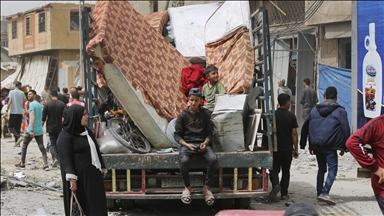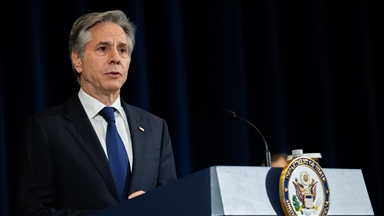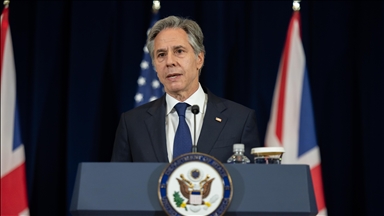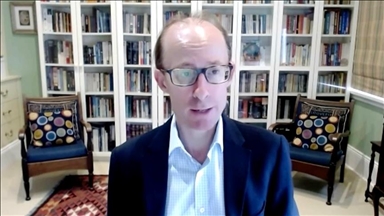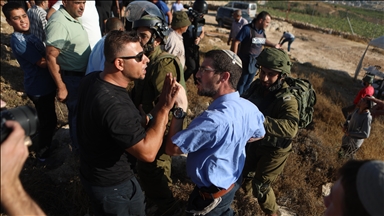Persecution of all Myanmar Muslims ‘on the rise’
Report by Burma Human Rights Network reveals how Muslims across country have been facing oppression
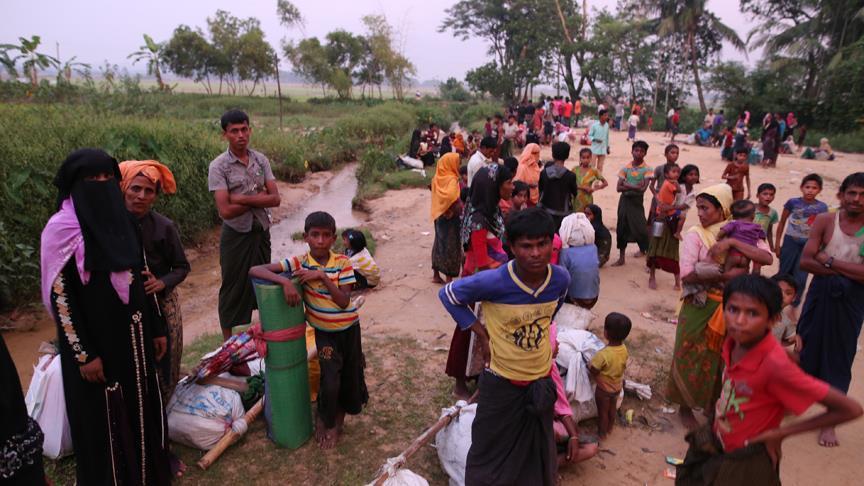
By Kyaw Ye Lynn
YANGON, Myanmar
Muslims across Myanmar have been facing oppression under the civilian government led by State Counselor Aung San Suu Kyi, a rights group said Tuesday.
The Burma Human Rights Network (BHRN) said in a 104-page report that persecution of Muslims in Myanmar has been on the rise with restrictions on national identity documents and places of worship and the creation of no-go zones for Muslims over the past five years.
The group said conditions for all Muslims throughout the country have worsened five years after violence broke out between Rakhine Buddhists and Rohingya Muslims in the western state of Rakhine, which left over 100 people dead and tens of thousands displaced.
“Across the country, 'Muslim-free zones' have been formed, while Muslim places of worship have been shuttered or rendered unusable,” the BHRN, which was founded in 2012, said in the report.
The report, based on more than 350 interviews during eight months of fieldwork in 46 towns and villages across the country, provides compelling evidence of the ongoing systematic persecution of Muslims well into the era of “pseudo-civilian rule,” said the group.
It highlights that the persecution is not restricted to the treatment of Rohingya Muslims in Rakhine state, who were denied citizenship though many have lived for generations in the area.
“Muslims in general continue to be denied ID cards [National Registration Cards or NRCs], and the Rohingya in particular have been subjected to campaigns of violence carried out by the military.”
A Muslim leader associated with the country’s Islamic Religious Affairs Council told Anadolu Agency that he agreed with most of the findings in the report.
“For example, it is still quite difficult for Muslim youths to get NRC cards even if their parents are NRC card holders,” said the council member on condition of anonymity due to the sensitivity of the issue.
He said there are many Muslims in Yangon and other areas countrywide who have no national identity documents and lack basic rights such as the right to vote.
“You can easily find them in Dala,” he said, referring to Dala Township on the other side of the Yangon River.
Myanmar has seen rising anti-Muslim sentiment since the violence in Rakhine state in mid-2012, and a set of four discriminatory religious laws was enacted under then President Thein Sein’s administration.
The BHRN said the persecution of Muslims in Myanmar has continued in an institutionalized manner, though the outright violence has decreased in frequency.
“Aung San Suu Kyi has consistently failed to try to change societal attitudes, and senior (National League for Democracy) leaders have been allowed to make anti-Rohingya statements,” it said, referring to the ruling party.
Several statements issued by Suu Kyi's office on the ongoing violence in the northern part of Rakhine state refer to Rohingya Muslims as Bengali, a term suggesting they are illegal immigrants from neighboring Bangladesh.
Anadolu Agency website contains only a portion of the news stories offered to subscribers in the AA News Broadcasting System (HAS), and in summarized form. Please contact us for subscription options.


